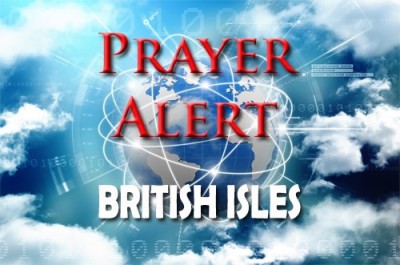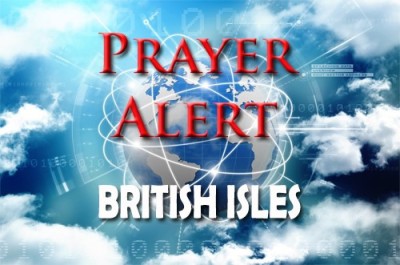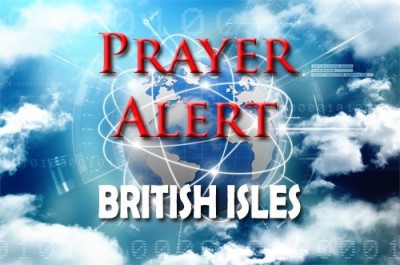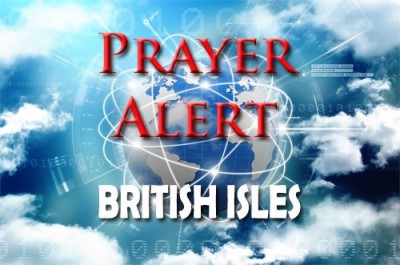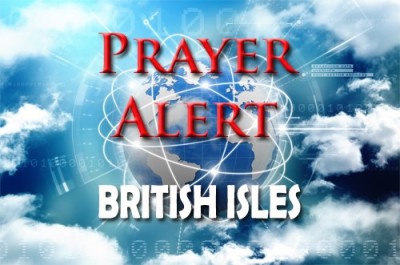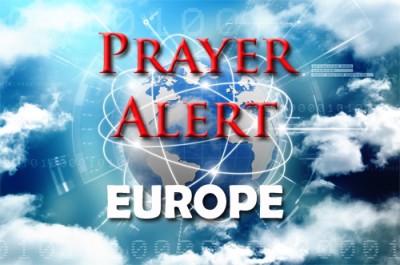UK Prime Minister Keir Starmer has announced that Britain will recognise a Palestinian state at the UN General Assembly in September unless Israel halts its actions in Gaza and commits to a two-state solution. Citing widespread suffering, including starving children and destroyed communities, Starmer issued an ultimatum: Israel must agree to a ceasefire, permit humanitarian aid, and halt annexation plans in the West Bank. The move, backed by France and a large number of Labour MPs, drew sharp condemnation from Israel’s Prime Minister Netanyahu, who called it a reward for terrorism and warned it could endanger global security. The United States also expressed concern, with President Trump saying the decision risks rewarding Hamas. Foreign Secretary David Lammy added that Britain has a historic responsibility, referencing the Balfour Declaration, and insisted that the two-state solution remains the only path to peace. Critics of Israel’s current actions view the recognition as a moral imperative. Starmer has launched a diplomatic effort to rally global support ahead of September, signalling a dramatic shift in UK foreign policy. See
The International Monetary Fund (IMF) has urged the Bank of England to cut interest rates at least twice more in 2025 to support the UK economy. The Bank’s base rate currently stands at 4.25%, down from a post-Covid peak of 5.25%, following efforts to reduce inflation, which has now eased to 3.6%. Despite slight improvements in GDP projections - 1.2% for 2025 and 1.4% for 2026 - the IMF warned that global trade uncertainty and fiscal deficits could disrupt recovery. Chancellor Rachel Reeves welcomed the UK’s position as the fastest-growing G7 economy in Europe but faces criticism over recent tax increases, including higher National Insurance contributions and the extension of inheritance tax to pensions. Bank Governor Andrew Bailey suggested these tax hikes may be dampening business investment and wage growth. The IMF highlighted risks of financial market volatility and called for a cautious yet responsive approach. As global economic pressures persist, the UK must balance fiscal discipline with growth-friendly policies that promote employment, investment, and long-term stability. See
Knife crime soars by nearly 60% in London
01 Aug 2025Knife crime in London has surged by nearly 60% in the last three years and 86% over the past decade, according to a new report by Policy Exchange. A cluster of just 20 central London streets—including Oxford Circus and Regent Street—now accounts for one in every 15 knife attacks in the city. The rise in violent crime has prompted calls for a “zero tolerance” approach, including increased use of stop-and-search tactics. While controversial, the report argues that stop-and-search aligns with demographic crime data, with a higher percentage of arrests and charges involving black offenders than the general population representation. Commander Hayley Sewart of the Met Police reported that recent efforts, including hotspot policing, technological tools, and visible neighbourhood patrols, have already led to a 16% drop in knife-related crime and reduced homicide rates. Tributes have poured in for a father and son recently killed in a targeted attack, highlighting the human cost of this violence. Leaders stress that curbing knife crime requires a united approach from police, government, and society at large.
The UK Government is facing pressure to widen access to its proposed “top tier” sickness benefits, following concerns that people with fluctuating conditions such as Parkinson’s and multiple sclerosis (MS) may be unfairly excluded. Under current Department for Work and Pensions (DWP) proposals, only those whose symptoms “constantly” prevent work would qualify for enhanced universal credit and be exempt from regular medical reassessments. Labour MP Graeme Downie has tabled an amendment to expand eligibility to those with “evolving” or fluctuating conditions. He argues that the cost of living with conditions like Parkinson’s - where even simple daily tasks may require expensive alternatives - requires consistent financial support. Parkinson’s UK and other campaigners support the change, warning that current criteria fail to reflect the live realities of such illnesses. While ministers have agreed to remove similar restrictive clauses from the personal independence payment (PIP) system, the universal credit health element still raises concern. With cross-party backing, the amendment seeks to ensure compassion and fairness for those whose disabilities vary in severity from hour to hour.
Police are investigating an alleged assault at St Pancras International station in London after video footage surfaced showing right-wing activist Tommy Robinson, whose real name is Stephen Yaxley-Lennon, near a man lying motionless on the floor. The incident occurred on Monday evening around 8:40 p.m. A man was taken to hospital with serious but non-life-threatening injuries. British Transport Police confirmed they are seeking to question a 42-year-old man from Bedfordshire who reportedly left the country on a flight early Tuesday morning. The video, circulating widely online, does not show the alleged moment of assault, but captures Robinson pacing near the injured man and shouting to onlookers that he acted in self-defence. Robinson has since reposted a tweet asserting that he was attacked first. Police continue to review the footage and work to locate the suspect. The incident has sparked renewed public debate over Robinson’s controversial public presence and past criminal record. Authorities urge anyone with additional information or footage to come forward to assist with the ongoing investigation.
A year after the tragic attack that claimed the lives of Bebe King (6), Elsie Dot Stancombe (7), and Alice da Silva Aguiar (9) during a Taylor Swift-themed dance class in Southport, the nation paused for a three-minute silence to remember the victims. On July 29, 2024, the girls were fatally attacked by 17-year-old Axel Rudakuban. The attack also injured ten others and left deep psychological scars on many. Rather than floral tributes at the site, residents were invited to place flowers in Southport Town Hall Gardens and support charitable causes created in the girls’ honour. Charities like Elsie’s Story, Bebe’s Hive, and Alice’s Wonderdance now serve as living legacies. Families and school staff have spoken of both immense grief and the outpouring of kindness that has followed. The Council and community leaders have provided safe, respectful spaces for mourning, reflection, and healing. Across Sefton and the wider region, flags were lowered as a mark of respect. Amid devastating loss, hope and love continue to shine through such acts of remembrance and compassion.
U.S. President Donald Trump has shortened his previously declared 50-day ultimatum for Russia to reach a peace deal in Ukraine, now stating that Vladimir Putin has “10 or 12 days” to agree or face severe economic sanctions. Speaking during a meeting with UK Prime Minister Keir Starmer in Scotland, Trump expressed frustration with ongoing Russian aggression, especially recent missile strikes on civilian areas, including care homes in Kyiv. Trump claimed he had come close to brokering a ceasefire with Putin five times but said a final agreement remains elusive. The initial 50-day delay had sparked criticism, with some arguing it gave Moscow undue leniency amid intensified summer offensives. Meanwhile, Ukraine's President Zelenskyy welcomed the decision to send more Patriot air defence systems and emphasised the need for increased protection from relentless Russian attacks. Ukraine’s frontlines remain under pressure, though no collapse is anticipated. Trump’s growing urgency reflects a strategic shift as the war enters its fourth year, with heightened expectations for swift action and greater Western coordination to defend Ukrainian sovereignty. See
Greece has suspended the right to seek asylum for at least three months amid a sharp rise in migrants arriving via the Libya–Crete route. The controversial policy, described by Migration Minister Thanos Plevris as necessary to avoid a national emergency, has been criticised by human rights advocates for violating EU and international law. Over 7,000 migrants reached Crete between January and June 2025, with overcrowded detention centres now housing refugees in harsh conditions. Many, like Mustafa from war-torn Sudan, are detained without legal recourse or access to proper shelter and care. Critics argue that even in times of crisis, the right to claim asylum must be protected. The government maintains the move is temporary and driven by national security and tourism concerns, while EU officials say they are reviewing the legality of Greece’s actions. As desperation grows among detainees, the situation raises urgent ethical and legal questions about how Europe handles asylum in the face of rising migration, public fear, and political pressure.
